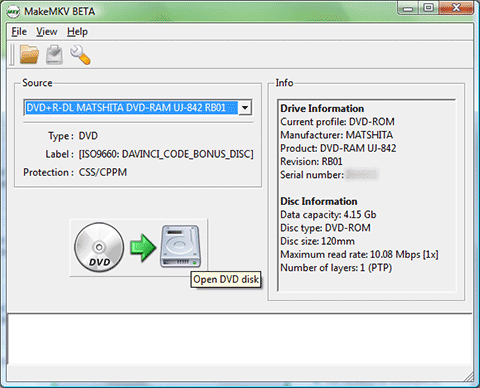There are mixed views on using SSDs for page files / swap space. A frequent view encountered is to avoid having a page file or swap space on an SSD to minimise R/W activity, since FLASH chips have a limited lifespan. Wear levelling helps manage the SSD life but eventually the SSD will degrade and to prolong life paging operations should be avoided.
An increasingly popular contrasting view is that most modern SSDs will become outdated before they die, therefore worrying about paging to an SSD shouldn't be a priority since the SSD will likely be outdated with cheaper and larger alternatives available before the SSD dies.
Read on for a couple of options for managing an SSD within Ubuntu...











